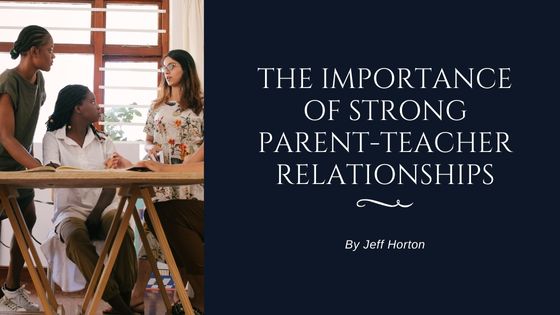Positive relationships between educators and parents can help children receive the best possible education. Plenty of evidence supports the favorable impacts of joint parent/teacher interaction on children’s academic success. When parents are involved, they can help their kids improve their motivation for learning and become more engaged in school. Parents develop a deeper understanding of the school’s academic program, providing them with ideas on how to support and help their children learn. Most importantly, parents become more confident about the value of their involvement when they are a part of the process.
Having more contact with parents can also help teachers. They can develop effective strategies to meet the student’s needs once they have information about the home environment. It’s also vital that the school and the community establish an effective system adapted to each family’s needs. Due to the diverse nature of families, it’s only sometimes possible to provide a single message that will resonate with all households.
Holding frequent conferences and meetings is one of the most efficient communication methods for schools and parents. For general inquiries, information can be found on the school’s website or in local markets, churches, mosques, temples, and clinics.
School newsletters, open houses, and home visits are other forms of communication. PTA meetings, field days, and homework hotlines are also options. When it comes to establishing contact with future students and their parents, teachers should start by identifying the students who will be in their classrooms the following year and making contact. An introductory phone call or letter introducing yourself and offering helpful insight into how you run your classroom can ease anxiety for new students.
As a team, parents and educators must work together regarding the frequency and consistency of feedback regarding their kids’ homework. Follow-through is also essential when establishing communication between schools and parents. If problems arise, parents must make contact immediately to help find a solution. This can help prevent new problems from occurring. Having the necessary information and clarity is crucial to ensure that the students get the help they need.
Most parents need to get used to receiving unsolicited positive feedback from teachers. If a pupil is performing well, let the parents know. Deliver a positive message that will delight and surprise the parents, and let everyone celebrate together. Supporting a student during hard times and rejoicing during uplifting times is the consistency that will help them the most in the long run.
